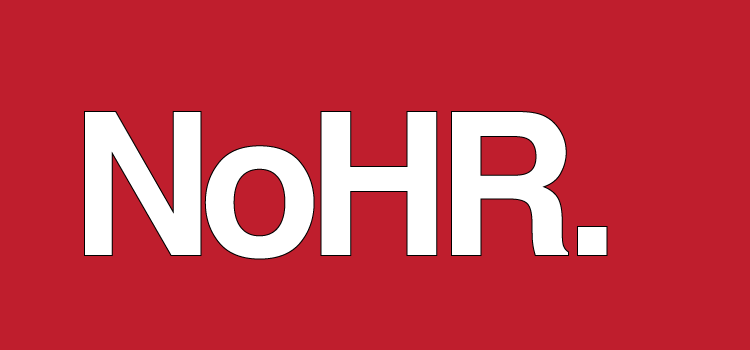Installation
NoHR 3.0 for Protégé 5.X
NoHR 3.0 for Protégé 5.X can be downloaded from here.
System Requirements
- Protégé 5. You can download the latest version from here.
- XSB Prolog. You can download the latest version from here.
- Konclude (optional). You can download the latest version from here.
Please refer to the software's own documentation for installation instructions.
Installing
To install NoHR 3.0, simply copy the nohr-plugin-3.0.0.jar file into the plugins folder of the Protégé installation folder. Before using NoHR 3.0 for the first time, you must configure the plugin.
Configuring
You can configure NoHR 3.0 plugin by accessing File > Preferences... and then select the NoHR tab.
- XSB Directory: Must be set to the folder where your XSB Prolog installation resides (e.g. /opt/xsb)
- DL Inference Engine: Indicates your preference for the reasoner used when the ontology does not fit into one of the OWL 2 profiles. The present version supports HermiT and Konclude. HermiT is generally faster, although for some large ontologies Konclude will perform better. If you select Konclude you must set the Konclude Binary preference.
- Use DL Inference Engine for EL/QL profile: NoHR 3.0 will automatically select an appropriate reasoner based on the ontology profile. By default, ELK - a specialized EL reasoner - will be used for EL and a direct graph based translation for QL. However, depending on the ontology, it might be beneficial to use the general translation method provided. Setting these preferences will force the use of the general translation, even when the specific profile is detected.
- Konclude Binary: This preference must be set if you wish to use Konclude as your general reasoner. It must point to the Konclude binary (e.g. /opt/konclude/Binaries/Konclude).
Quickstart Guide
Once you start Protégé, you can access the NoHR functionality from two new tabs (NoHR Rules and NoHR Query) that can be made available from the Window menu.
- NoHR Rules: The NoHR Rules tab allows the specification of non-monotonic rules in NoHR rule format. You can add a new rule by pressing the + button. You can then edit or remove it from the rule list interface. In this version you will be able to use inbuilt XSB Prolog predicates and operators, generic prolog predicates, numeric types and lists. You can find two simple examples here.
- NoHR Query: The NoHR Query tab allows querying the knowledge base. You can write a query in the NoHR rule format and execute it. You can then filter the answers by using the panel on the right side and switch the viewing mode between short and complete form, to distinguish terms that have the same short form.
NoHR 2.X for Protégé 5.0
NoHR 2.X for Protégé 5.0 can be downloaded from here.
You may also access the open source code here or download the API (jars, sources, and documentation) here.
To install NoHR 2.X for Protégé 5.0 you need to:
- Install XSB Prolog: Simply download either the source code or the installer (specific for Windows) from here and install XSB as indicated. Note that if you install using the source code you need the necessary build tools, e.g., Visual C++ Express or Cygwin for Windows, XCode for Mac etc., to first run configure and then makexsb as indicated in the INSTALL text file included with the source code.
- Install NoHR: Just drop the downloaded .jar into the plugins folder of Protégé.
- Configure Protégé: Activate the NoHR Rules and NoHR Query tabs under Windows -> Tabs. Also, set the path to the XSB binary in the Protégé preferences in the NoHR tab. In general, pointing to the XSB installation subfolder /config/ARCH, where ARCH is your system architecture, works, but pointing to the XSB folder itself should also be fine.
NoHR 1.X for Protégé 4.X
NoHR for Protege 4.X is no longer actively supported, but it can still be downloaded from here.
To install NoHR you need to: Install XSB Prolog, Install NoHR, and Configure Protégé.
